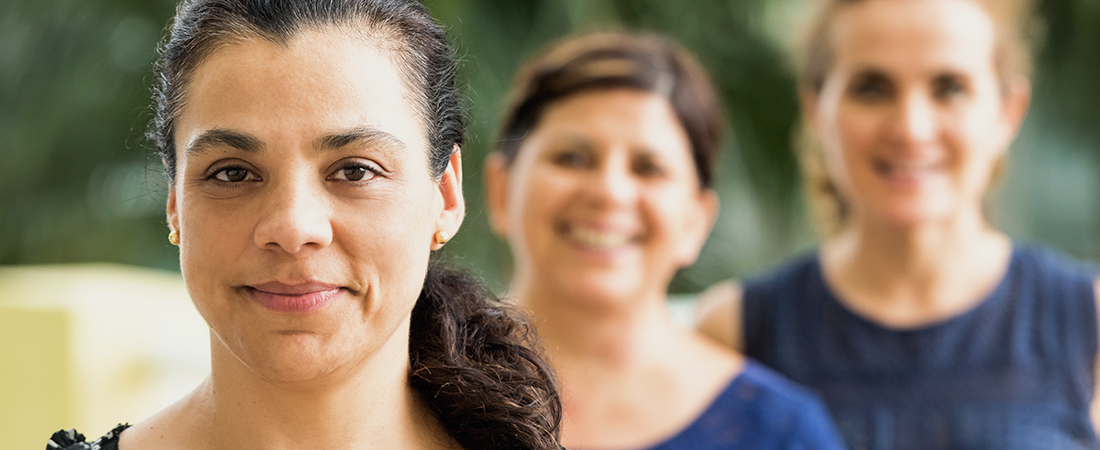Serving Women Who Served

Listen in as our experts discuss a wide range of current topics and the innovative solutions that are being developed to address them. Check out all of our podcasts.
Many women who serve in the military face challenges after they are discharged and return home, including shifting family dynamics, economic insecurity, and, often, unresolved health needs.
But although women now constitute 16 percent of enlisted personnel and 18 percent of the officer corps, they encounter veterans’ services that were designed for men. As a result, many do not receive the appropriate health care and social services that could help smooth their transition back to civilian life.
In this podcast, EDC’s Erin Smith talks about some of the barriers to care faced by women veterans. She also discusses Women Vets on Point, a new outreach program from EDC and U.S. VETS that is being piloted in the Los Angeles area—home to an estimated 20,000 women who have served.
On the need for health and social services
Smith: “Women who have served in the military . . . are six times more likely to die by suicide than women who haven’t served. And 46 percent of California women veterans report having a current mental health problem that they don’t have access to care for.”
On why mental health care services are not reaching women veterans
Smith: “We looked hard at the barriers to care that women were experiencing and reporting. [They included] not being certain that certain services were available to them, perceiving services to be not sensitive to women . . . or not being able to get proper transportation to get to those services. And those barriers, coupled with the stigma that surrounds mental health and accessing care, can really create a challenge for women.”
On why the experiences of women who have served in the military are an important part of Women Vets on Point
Smith: “There often aren’t pictures or stories of women who have served in the military. So we really made sure to intentionally weave those images, weave those messages, into the website, into all of our communication messages, to ensure women could see themselves . . . to know that this project was for them.”